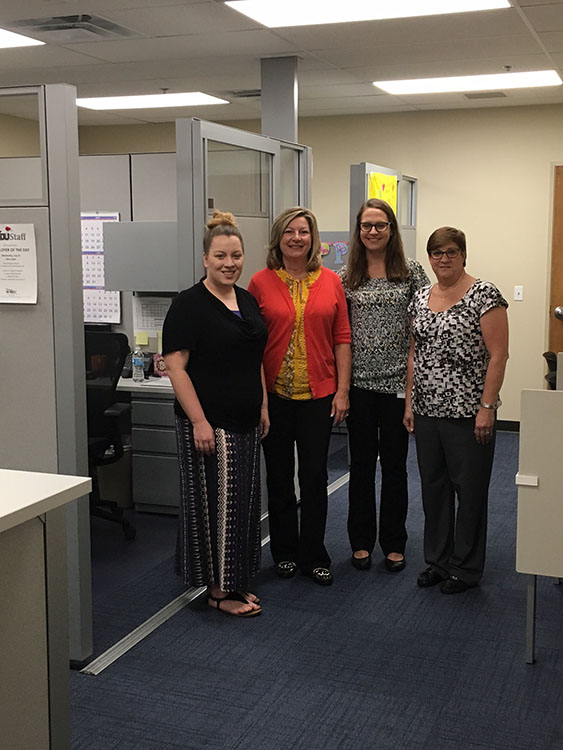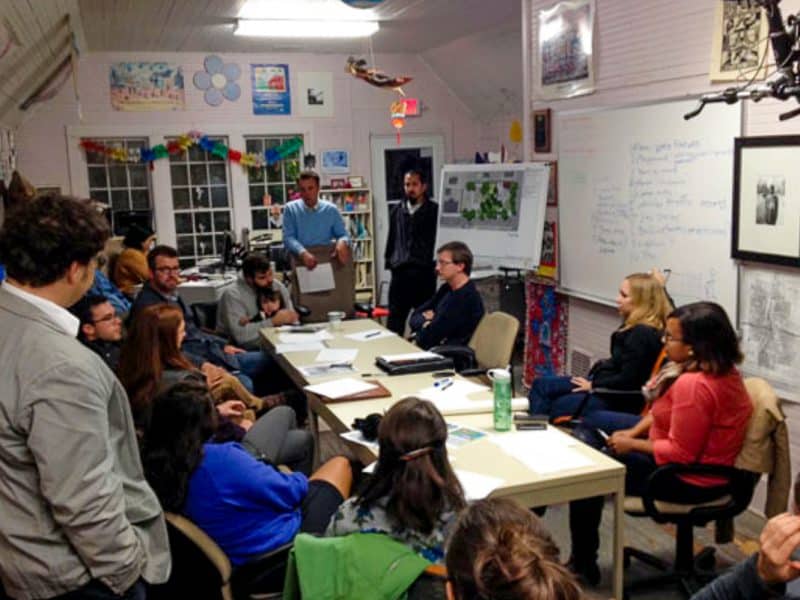Responsible Parent Program Center provides payers of child support with innovative support
Over the last few years, there have been multiple attempts by the Kent County Friend of the Court (FOC) to create and sustain programs for payers of child-support, that will “assist non-compliant payers overcome the barriers that lead to noncompliance with their support order,” says Friend of the Court director Dan Fojtik. However, due to programs in the past being grant-funded, the privilege of flexibility was gone; there was not as much freedom to evolve alongside of the needs of their clients.
For example, their last grant-funded program, Referral for Employment, Asset Development, Cooperation and Hope (REACH), was constrained to a timeframe for obtaining specific goals, including “help the payer attain property, establish a bank account, learn how to budget and avoid predatory lenders.” In the end, Fojtik says, there was no true difference between individuals who did or did not participate.
“It was sometimes pretty limiting,” he says. “I think it’s the biggest change that we’ve had from the past.”
Fast-forward to 2016, when the FOC established the Responsible Parent Program (RPP), designed as a way to identify the issues hindering payers of child support from making their payments and connecting them to tangible resources, eventually leading them to a state of compliance with their court orders. As a means to move away from being grant-funded, the FOC’s information technology department developed a system enabling them to re-allocate staff to the RPP.
“…our IT department developed a system known as Casetracker that monitors cases for enforcement, provides summary information for payers with multiple cases, saving us time going from screen to screen in the state system, and quickly generating forms,” says Fojtik.
Since funding their own program, the FOC has geared the focal points of the RPP toward gainful employment and meaningful community relationships amongst their clients and other organizations.
To strengthen these key areas of development, on June 11 the RPP opened a center located on the second floor of 82 Ionia Avenue NW. Because the program now exists at a physical location, the services previously provided for participants through one-on-one consultations with their caseworkers are now easily accessible in one place. This includes three workstations where individuals can update their resumes, apply for jobs online, and review a list of available employment opportunities.
“Maybe they [are] having parenting problems with the other parent and they need some information on how to fix that,” Fojtik says. “They may be referred to mediation services. They may need to have their license reinstated if it was suspended for child support. They can do that. And sometimes they may owe a lot of state-owed money, some of which they may be qualified to have discharged. That’s pretty much what [the case workers] do, and they spend a lot of time trying to get agency and employer partners to work with us so we can make proper referrals.”
Additionally, the program conducts outreaches, which involves caseworkers visiting various locations for open consultations about the RPP or an individual’s specific case.
“A lot of people are hesitant to come to our office, so we try to go out to them,” Fojtik says.
Some of the partner organizations at which caseworkers conduct outreaches are Michigan Works!, the Hispanic Center, Strong Fathers, and their newest partner, 70×7 Life Recovery. Fojtik explains that long-term contact with agencies like these are an important piece in how the RPP is able to better assist their clients. It also plays a role in the community’s perception of the program and the services it has to offer.
“A lot of people don’t trust us,” says Fojtik. “We were so enforcement-focused in the past — usually the first time they’d see us is when we’d have a show cause hearing for not complying with their court order or a bench hearing.”
Due to this misconception, he says they have created an early engagement program.
“We have a full-time worker calling people who have a brand new order to explain what the order means, what services we have available; the earlier we can engage them, the better, so that they understand who we are, and that we’re actually trying to help.”
Photos courtesy of the Responsible Parent Program.










